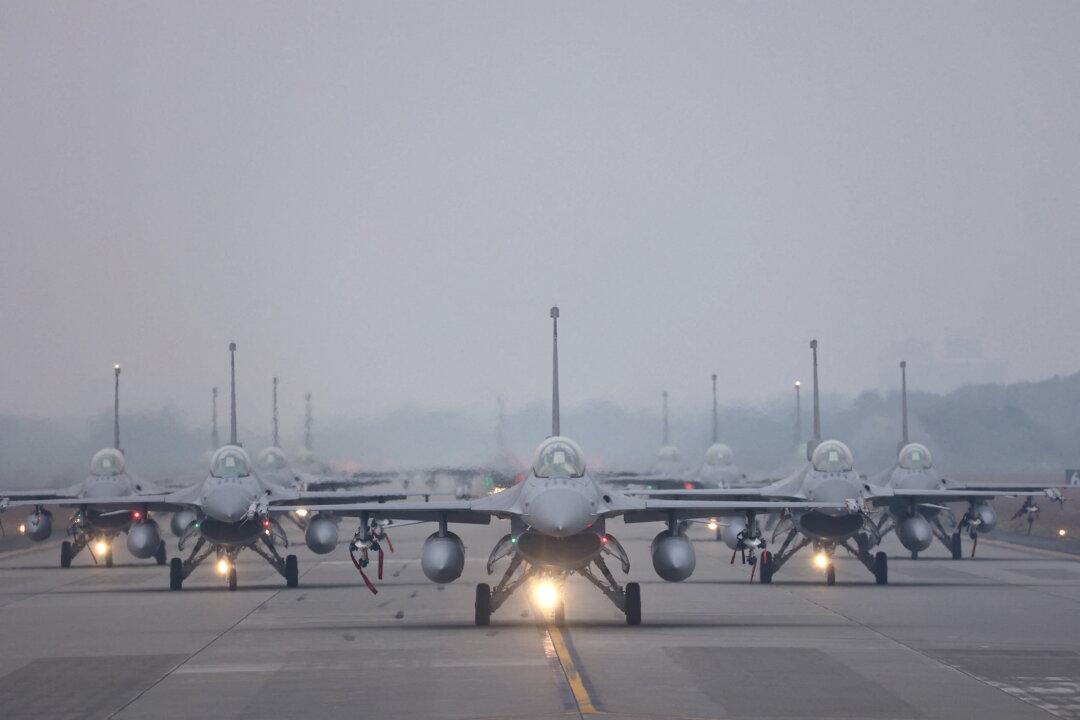News Analysis
Japan now sees the defense of Taiwan as integral to the security of Japan and is intensifying its security engagement with Taiwan through its U.S. alliance.

Japan now sees the defense of Taiwan as integral to the security of Japan and is intensifying its security engagement with Taiwan through its U.S. alliance.